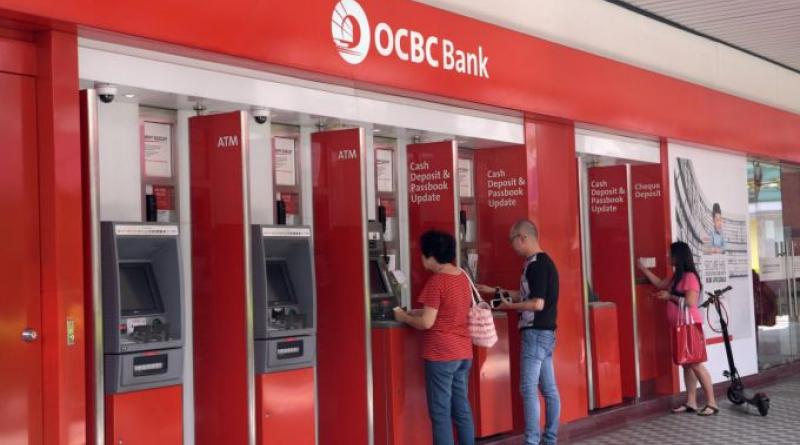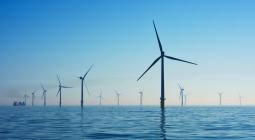Banking on renewable energy - and the future.

Singapore banks OCBC and DBS's new coal ban is an Asian game changer.
LAST week, in quick succession, Singapore banks OCBC and DBS signalled an end to their financing of new coal power plants. The announcements are game changers for Asia's transition to renewable energy and the broader battle to manage climate change.
Along with Standard Chartered, which updated its policy last year to end new coal power plant finance, DBS and OCBC now have the most progressive policies among their peers operating in Asian markets.
They are also a shrewd move for the institutions themselves. Coal is a dying industry and the shift will allow the banks to fully focus on creating and seizing the opportunities of the burgeoning renewable energy industry.
Ever since European and US-based banks stopped lending to new coal power plants, coal finance in Asia has been dominated by public and private banks from China, Japan, Korea and Singapore, with HSBC also a major backer.
DBS and OCBC have been major players, investing US$2.29 billion in 21 coal project deals between 2012 and 2017.
Therefore, their decision to announce an end for their lending to new coal power plants is significant from a financial perspective, but also because it will sound alarm bells in similar institutions across the region.
With each withdrawal of a major funder, the risk for those still investing in coal becomes ever greater. And have no doubt, the South-east Asian coal pipeline is a high-risk affair. According to London-based analysts Carbon Tracker, US$60 billion of coal-fired power generation assets may be stranded in South-east Asia in the next 10 years. That's a risk DBS and OCBC will no doubt want to avoid.
With rapidly declining renewable energy prices, the walk to the door marked "coal exit" is fast becoming a stampede.
But the risks of new coal power plants are more than just economic. Last year, IEA executive director Fatih Birol said the world no longer has the capacity to absorb new fossil fuel-based power plants if we are to hold global warming below 2 deg C.
In South-east Asian countries such as Vietnam and Indonesia, coal power stations also result in the displacement of communities and loss of livelihood, while those who remain face increased air pollution rates and the risk of respiratory illnesses and mortality.
A case in point is the Van Phong 1 coal plant in Vietnam, one that both DBS and OCBC "grandfathered" in their new coal policies. This project is a perfect example of why we need to move beyond coal: a community consultation process handled by the local government and without independence, air pollution rates up to 9 times higher than would be permitted in wealthier countries in South -east Asia, and requiring the import of coal through a new coal loading facility in the beautiful Van Phong Bay.
The ink had barely dried on OCBC and DBS's new policies when the news broke - late on Friday night before a holiday weekend - that Van Phong 1 had been financed by a consortium of banks, including the two from Singapore.
After seeing OCBC and DBS take such positive steps on energy finance, it was a quick - and painful - return to Earth as they rushed through one of three projects they had made exceptions for. Beyond Van Phong 1, two other projects threaten to undermine the positions taken by DBS and OCBC.
Over 50 international organisations have already pledged to challenge DBS's involvement in one of those, the massive Java 9/10 coal plant in Indonesia.
And both OCBC and DBS have been reported as involved in the Vung Ang 2 Vietnamese coal power station - another project that still has no environmental and social impact assessment on the public record, making transparency and accountability for the project sponsors and lenders impossible. The banks presumably committed to the projects before announcing their new coal power policies.
The times have changed and the transition to clean energy is inevitable. Asean has set an objective of 23 per cent renewables in the region's energy mix by 2025 - a 250 per cent increase from 2014. To hit those targets, Southeast Asian countries will have to substantially scale up renewable deployment across all sectors. And this will mean even greater levels of investment.
Europe, the US, China and India have all shown that with the right policies in place, renewables consistently surpass targets at much lower costs than predicted.
These policy changes from DBS and OCBC will help create space for Singapore's banks to finance the inevitable - and essential - transition to renewable energy. But each new coal power station is not only delaying opportunities in renewables, it's another step into climate chaos.
23 April 2019
![]()




